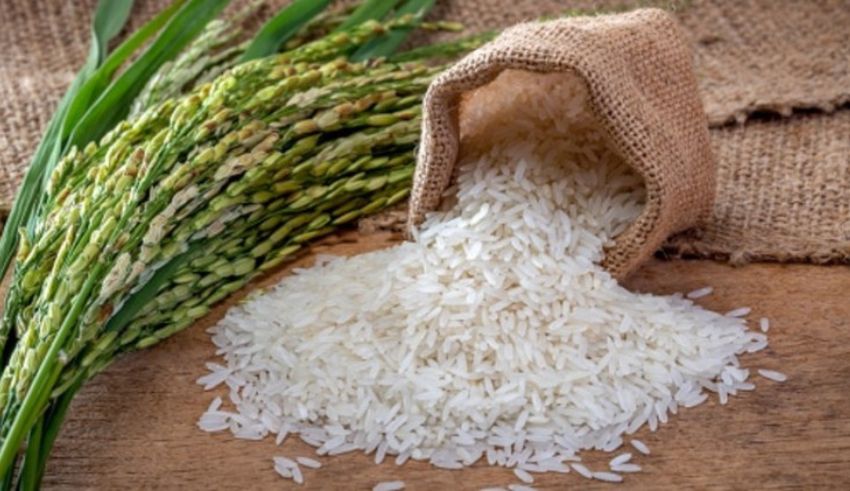
The looming threat of El Niño has cast a shadow of concern over the rice-producing countries of Vietnam and Thailand, key suppliers to the Philippines’ rice market. The climatic phenomenon, characterized by abnormal warming of the Pacific Ocean, has the potential to significantly impact rice production in these nations, which could have far-reaching consequences for the Philippine economy.
Vietnam and Thailand are renowned for their significant contributions to global rice exports, including their vital role as major suppliers to the Philippines. However, the onset of El Niño, which brings about hotter and drier conditions, poses a serious risk to agricultural activities, particularly rice cultivation. The potential reduction in rice output in these countries could result in decreased supplies, higher prices, and potential disruptions in the Philippines’ rice supply chain.
The agricultural sector plays a crucial role in the Philippine economy, with rice being a staple food for the majority of its population. Any disruption in the rice supply chain has the potential to impact food security, consumer prices, and overall economic stability. As such, the potential effects of El Niño on rice-producing nations raise concerns about the country’s ability to meet domestic demand and maintain price stability.
A decline in rice production in Vietnam and Thailand could lead to increased competition among importers, including the Philippines, for limited supplies. This surge in demand, coupled with decreased availability, may drive up prices and strain the country’s ability to procure rice at affordable rates. Higher rice prices could have cascading effects on inflation rates, household budgets, and overall economic growth.
Furthermore, supply chain disruptions caused by reduced rice production could pose logistical challenges for the Philippines, necessitating adjustments in import strategies and potentially affecting the availability of rice in local markets. Ensuring a steady and sufficient supply of rice to meet the needs of the population becomes a complex task under the shadow of El Niño’s potential impact.
To mitigate the potential risks associated with El Niño-induced disruptions in rice production, the Philippine government, in collaboration with relevant stakeholders, may explore alternative measures. These measures could include diversifying sources of rice imports, strengthening local rice production through increased support for farmers, and implementing adaptive agricultural practices to minimize the impact of changing climatic conditions.
Keep Reading
The Philippine economy’s resilience and capacity to adapt to potential challenges brought about by El Niño will be tested in the coming months. Collaborative efforts among government agencies, agricultural institutions, and the private sector will be crucial in addressing the potential risks, ensuring food security, and maintaining stability in the rice market.
As the nation braces for the impact of El Niño on rice suppliers in Vietnam and Thailand, proactive measures are necessary to mitigate potential disruptions and maintain a stable rice supply chain. Through effective planning, coordinated efforts, and adaptive strategies, the Philippine economy can navigate these challenges, safeguarding both food security and economic stability in the face of a changing climate.



























